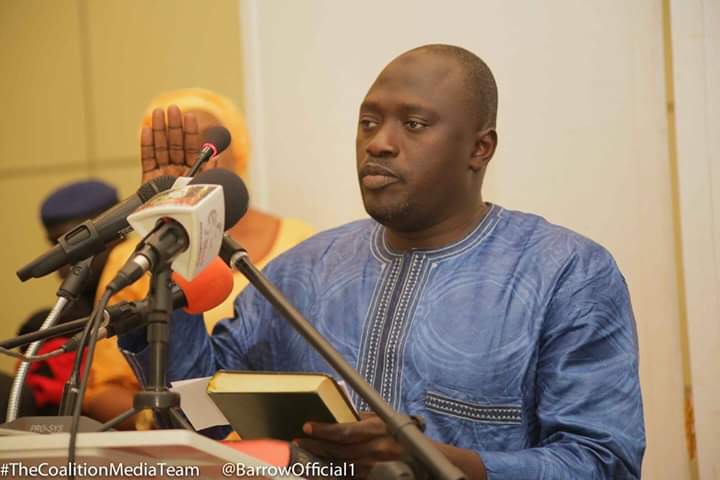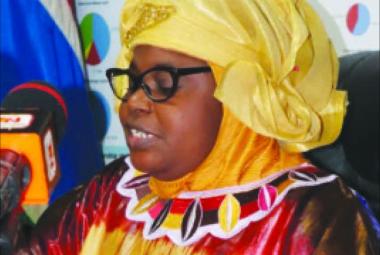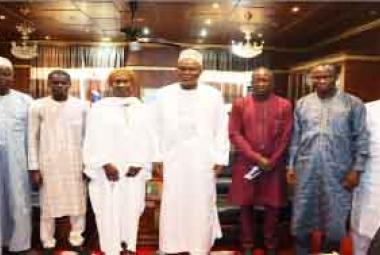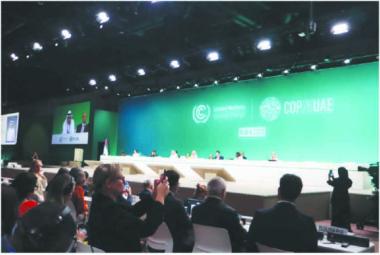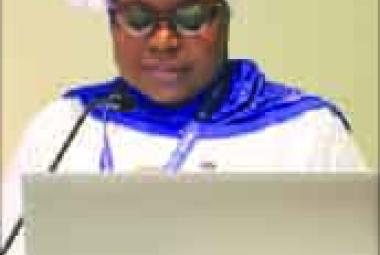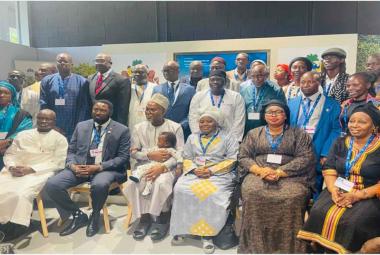The Minister of Environment, Climate Change and Natural Resources, Ebrima Dibba, has been speaking to the National Assembly about the state of industrial fisheries and environment pollution including from fish meal factories.
In a face-off with deputies during a question and answer session on Wednesday, July 1st, Mr Dibba explained that the National Environment Agency (NEA) under National Environment Management Act 1994 requires that fisheries activities at the industrial scale undergo an Environmental Impact Assessment in order to determine their environmental feasibility, and where feasible put up measures that will ensure they pose the very minimum of negative effects on the physical and socio-cultural environments.
Commenting on fish meal factory operations, the minister informed that The Golden Lead, was the first fish meal factory to start operations after receiving environmental approval in 2015. “They first started construction activities without approval but were later stopped and made to follow due process by NEA”.
Mr Dibba went on: “Knowing at the time that the country had no experience in operations of such factories, the firm was made to sponsor a trip for NEA and partners to Mauritania where the activity had already existed for years”. This, he indicated provided them the opportunity to learn good practices in the business and helped in informing decision-making on the issue of environmental approvals.
The minister admitted that two of the fish meal factories were dumping raw effluent at the oxidation ponds at Kotu but pointed out that this was later handled by NEA.
He told the NAMs that NEA has entered into an MOU with the Department of Water Resources to conduct regular water quality analysis of the effluent at each site during their operations. This, he noted, is done knowing that they do not operate at certain times of the year; when the supply of fish is far below their operating capacities. The test samples, he added, are recommended according to WHO standards.
On the issue of solid fish waste, the minister intimated that the fish need to be of some basic quality in order to be used for feed making. “At first the rotten fish used to be grounded on the site but one of the fish meals confirmed that they have found a way of reusing the waste”. He revealed that all the three fish meal firms are invited for a renewal of their environmental approvals.
The minister said the fish meal factories have informed that they are in contact with a company in Mauritania for the export of the industrial fish meals to that country where the said company converts it into fertilizers.
Isatou Jawara, Assistant Information Officer,
MOECN

